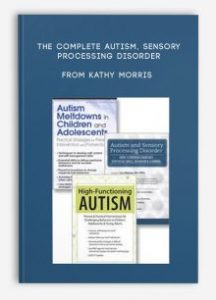 The Complete Autism, Sensory Processing Disorder from Kathy Morris
The Complete Autism, Sensory Processing Disorder from Kathy Morris
More information about Medical:
Medicine is the science and practice of establishing the diagnosis, prognosis, treatment, and prevention of disease.
Medicine encompasses a variety of health care practices evolved to maintain and restore health by the prevention and treatment of illness.
Contemporary medicine applies biomedical sciences, biomedical research, genetics, and medical technology to diagnose, treat, and prevent injury and disease,
typically through pharmaceuticals or surgery, but also through therapies as diverse as psychotherapy, external splints and traction, medical devices, biologics, and ionizing radiation, amongst others.
Medicine has been around for thousands of years, during most of which it was an art (an area of skill and knowledge) frequently having connections to the religious and
philosophical beliefs of local culture. For example, a medicine man would apply herbs and say prayers for healing, or an ancient philosopher and physician would apply bloodletting according to the theories of humorism.
In recent centuries, since the advent of modern science, most medicine has become a combination of art and science (both basic and applied, under the umbrella of medical science).
While stitching technique for sutures is an art learned through practice, the knowledge of what happens at the cellular and molecular level in the tissues being stitched arises through science.
Do you work with children and adolescents with autism who are struggling to adapt socially and academically?
Regular blow ups, melt downs and difficult behavior leave them and their caregivers frustrated and exhausted, looking for intervention strategies that will work.
That’s why we’ve brought together three industry experts who work with a variety of clients across the autism spectrum to share their tested and proven behavioral techniques, intervention strategies, and treatment tools for children, adolescents and young adults with autism.
You’ll learn to create highly effective and individualized treatment strategies for working with children and adolescents with
-High-functioning autism
-Autism meltdowns
-Autism spectrum disorders and sensory processing difficulties
Don’t miss your chance to be part of this groundbreaking course that will help your clients not just adapt, but succeed at home, at school and in their day-to-day environments.
Kathy Morris, M.Ed., B.S., will lead you through dynamic discussion, video case examples and demonstrations providing dozens of strategies you can implement immediately with these children/adolescents—in any setting. Walk away with an array of practical strategies for preventing and de-escalating meltdowns, teaching and promoting appropriate behaviors, providing instructional consequences/replacement behaviors and developing self-control and self-management skills.
“Teach them in the way they learn” will be a mantra throughout this training session.
About the Course Experts:
Tara Delaney, M.S., O.T.R./L, is a pediatric occupational therapist who has worked with children for more than a decade and a half. She founded BabySteps in 1998 to provide consultative, evaluative, and direct treatment services in schools and private settings. BabySteps recently expanded its charter and was renamed Steps Therapy to reflect the expanded populations now being served. Tara is the Executive Director of Steps Therapy Inc. and specializes in sensory integration, autism, ADHD and learning disabilities. She is commissioned regularly by school systems to work closely with early education teachers on ideas to promote a more integrated learning environment within the classroom. Tara developed the Making Senseory® series to highlight how the nervous system’s processing of sensory information is a crucial foundation for academic and social success. Tara regularly conducts seminars nationally and internationally on sensory integration, child development, Autism and behavioral issues. Her book, The Sensory Processing Answer Book, is currently available in bookstores.
Speaker Disclosures: Financial: Tara Delaney is in a leadership position with School Steps, Inc. and Baby Steps Therapy. She is an author for Sourcebook, McGraw-Hill, and PESI Publishing & Media. She receives a speaking honorarium from PESI, Inc. Non-Financial: Tara Delaney has no relevant non-financial relationship to disclose.
Heather Dukes-Murray, PhD, is a Licensed Clinical Psychologist at Daily Behavioral Health. She specializes in assessing, diagnosing, and treating autism. Dr. Dukes-Murray conducts social skills groups for children and adolescents diagnosed with autism spectrum disorder, social pragmatic communication disorder, attention-deficit/hyperactivity disorder, and anxiety disorders. She also has significant experience treating children and adolescents with mood and anxiety disorders, behavior issues, and mental health difficulties associated with trauma exposure. Dr. Dukes-Murray provides effective treatment strategies and interventions utilizing evidence-based practices, clinical expertise, and client and parent input. In addition to her clinical skills, she excels at presenting complex information in a manner accessible to audiences with a variety of backgrounds and expertise levels. Dr. Dukes-Murray earned her Ph.D., in Counseling Psychology from the University of Georgia in 2011.
Speaker Disclosures: Financial: Heather Dukes-Murray has an employment relationship with Daily Behavioral Health. She receives a speaking honorarium from PESI, Inc. Non-Financial: Heather Dukes-Murray has no relevant nonfinancial relationship to disclose.
Kathy Morris, M.Ed., B.S., has over 42 years of experience working with children and adolescents with severe behavioral difficulties including those with autism, ADHD and executive dysfunction. During this time, she has collaborated with families, educators, counselors, speech pathologists, occupational therapists and medical professionals throughout the world.
Kathy has been a speech therapist, teacher for self-contained programs, resource teacher and first grade teacher. She was a diagnostician/supervisor for all grade levels. Kathy was a LIFE Skills/autism/behavior/assistive technology consultant at a Texas education service center before leaving to start her own business in 1999.
Kathy has keynoted many national/international conferences. She is a frequent guest on a local news program promoting research-based techniques for working with children and adolescents with ADHD, autism spectrum disorders, and executive functioning differences. Kathy provides technical assistance in classrooms across the U.S, Canada, and several international countries.
Her video, Facilitating the Classroom Learning of Students with Asperger Syndrome and High-Functioning Autism, Grades K-6, has been an addition for campus and district staff developments as well as for those in clinical practice. In addition, she has an audio CD, Practical Strategies for Working with Students with Social Cognitive Differences in the General Education Classroom.


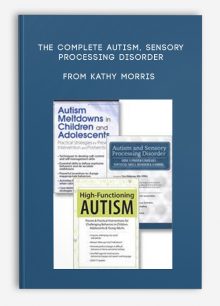

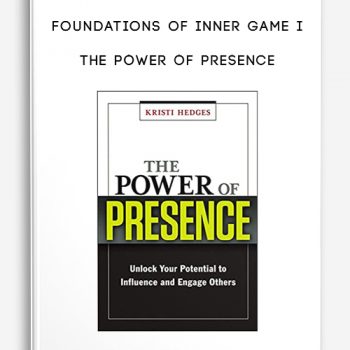
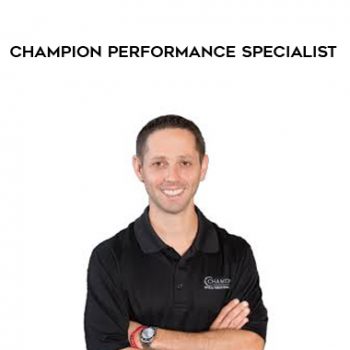
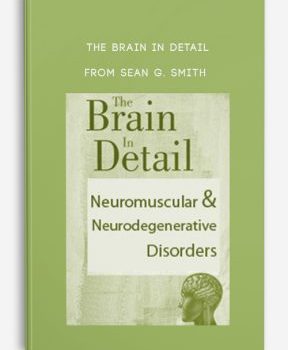






tristian –
This is Digital Download service, the course is available at Coursecui.com and Email download delivery.